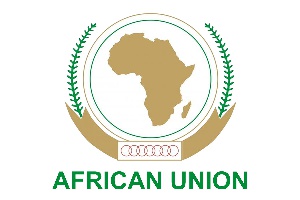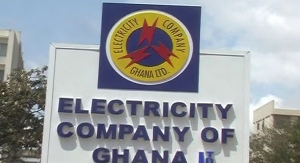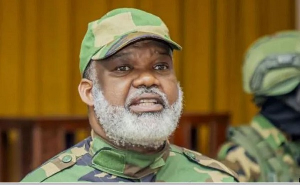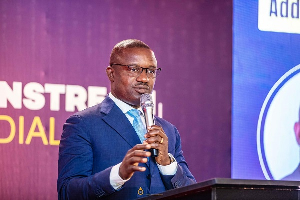The African Union (AU) held its 32nd Ordinary Session of the Assembly of Heads of States and Governments on the 10th and 11th of February 2019.
The theme for this year’s summit was “The Year of Refugees, Returnees and Internally Displaced Persons: Towards Durable Solutions to Forced Displacement in Africa”.
The AU had previously declared 2019, the year of Refugees, Returnees and Internally Displaced Persons, with the aim of finding a lasting solution to this complex problem.
This effort by the AU comes at a time when the issue of refugees and internally displaced persons in the continent is on the ascendency.
According to the United Nations, about 26% of the world’s refugees were in Sub-Saharan Africa as at 2017. Also, the Internal Displacement Monitoring Centre(IDMC) and the Norwegian Refugee Council(NRC) concluded that, by the middle of 2017, there were 15.3 million internally displaced persons in sub-Saharan Africa, which was an increment of 2.7 million from that of 2016.
Based on these alarming figures, it is withouta doubt that, this issue deserves the immediate attention of the African Union and the body is therefore worthy of commendaction for this effort.
However, a critical analysis of the causes of this forced displacement of people within the continent has brought into question, the sincerity and resolve of the AU to fight this avoidable humanitarian catastrophe.
Although there are many reasons behind forced displacement of people in Africa, conflict has been identified to be the major cause, accounting for about 75% of all displacement as at the middle of 2017, according to IDMC and the NRC. The AU has not done much in stopping these conflicts.
In recent times, most of these conflicts are caused by political power struggle and presidential transition issues, especially in countries where Presidents want to be in power till eternity. It is increasingly becoming common to find Presidents in Africa extending their tenure of office to the displeasure of their citizens.
Since 2005, Presidents in Senegal, Burkina Faso, Congo DR, Congo, Uganda, Burundi among others have attempted this tenure extension, some have succeeded in their attempt, yet such Presidents still have seats at the AU where decisions are being taken on how to solve a problem they are consciously creating.
The dormant attitude of the AU towards such impunity continues to give fertile grounds for conflicts to grow and displace people.
The recent election of the President of Egypt, Abdul Fattah al-Sisi, as the Chairperson of AU in this year of refugees, returnees and internally displaced persons, seem to be an irony of significant proportions, and further throws into doubt the resolve of the AU to decisively deal with all causes of forced displacement of people.
Indeed, as the phenomena of extending the presidential term limit is being identified as one of the causes of displacement in the continent in recent times, processes are far advanced in Egypt to extend the stay of President Sisi in power till 2034.
Therefore, with such a person leading the AU, the union will lack the moral right to be able to deal with a country like Togo, which is waiting to explode, because the president also wants to extend his tenure in office against the wishes of his people.
The African Union must therefore remember that, it must first look within itself, if it is really going to find a “durable” solution to this problem of refugees and internally displaced people.
It must be bold to stand up to the leaders among them who in their attempt to stay in power forever, engaged in “constitutional defilement”, which directly and indirectly force people to flee their homes.
Other sub-regional bodies like ECOWAS, SADC, ECCAS among others must all collaborate with the AU to boldly tackle this issue by preventing some of the leaders among them from further engaging in acts, either covertly or overtly, that has the potential to cause the displacement of their own people.
The AU must also develop and implement, a comprehensive presidential transition and term limit framework which will guide transitions and tenure of office for all member countries.
The issue of transition and term limit should no longer be viewed as a domestic matter for individual countries to handle internally, because its consequence is now being externalised felt across the continent.
Blogger at ibrahimsuhuyini.blogspot.com and an international affairs commentator.
Opinions of Wednesday, 20 February 2019
Columnist: Ibrahim Suhuyini







![The suspect, Daniel Tuffuor [L] and deceased Yobani Deladem Aku The suspect, Daniel Tuffuor [L] and deceased Yobani Deladem Aku](https://cdn.ghanaweb.com/imagelib/pics/404/40485450.295.jpg)











